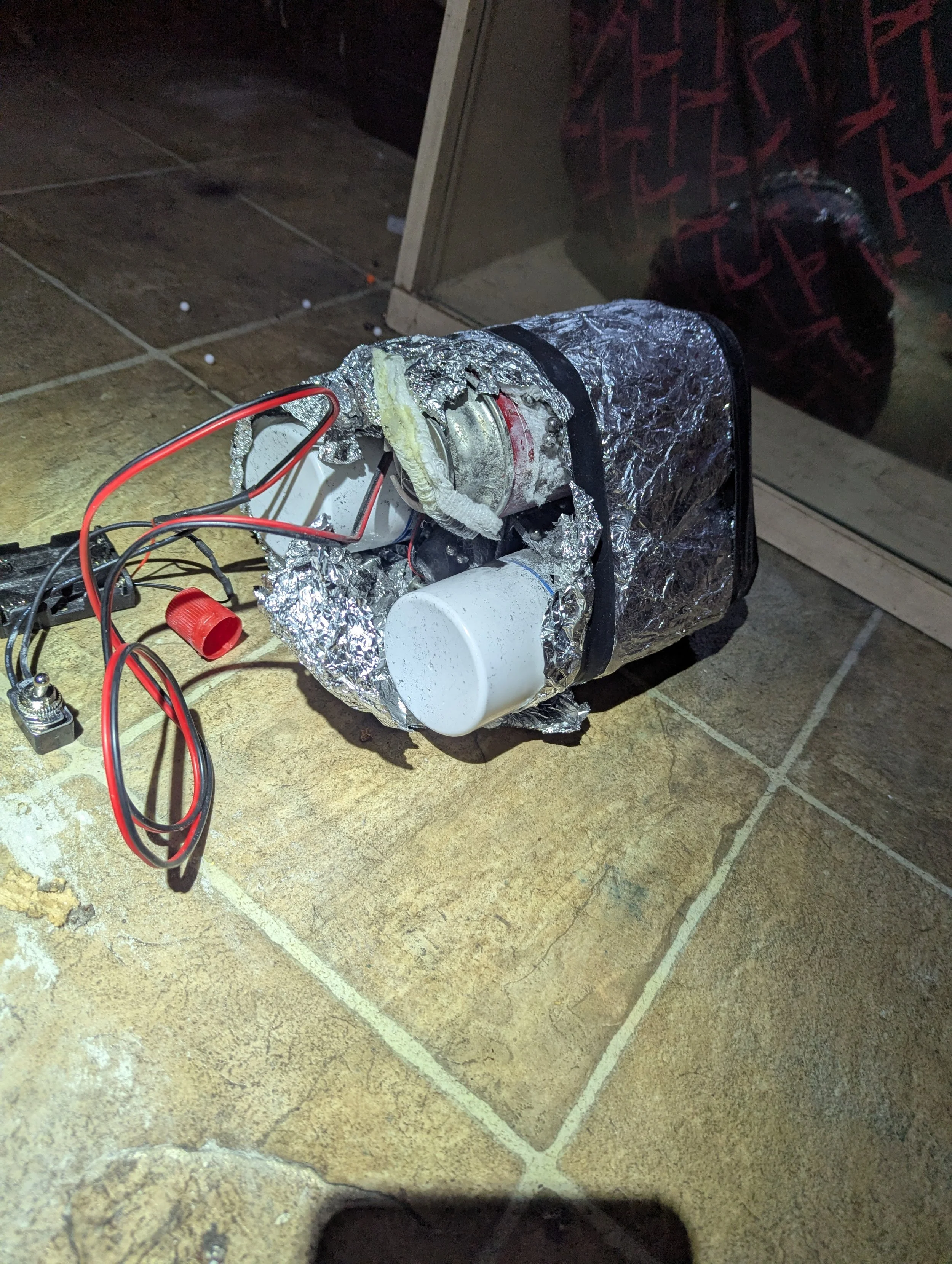Long Beach Man Arrested for Alleged ISIS Support and Homemade Bomb Plot
Executive Summary
Mark Lorenzo Villanueva, a 28-year-old resident of Long Beach, California, was arrested after pledging allegiance to ISIS, sending over $1,600 to overseas intermediaries, and constructing a homemade bomb found by the FBI in his bedroom. The case highlights the ongoing risk of self-radicalized individuals supporting foreign terrorist organizations through both financial means and intent to commit violence domestically.
Key Judgments
Key Judgment 1
Villanueva’s online communications, financial transfers, and homemade explosive indicate classic signs of self-radicalization and the enduring influence of ISIS propaganda networks, even several years after the group lost its territorial base.
Evidence: Villanueva repeatedly expressed a desire to “fight and die” for ISIS and sent $1,615 over five months to individuals he believed were fighters, using social media and Western Union as primary vectors for both recruitment and material support.
Key Judgment 2
The case underscores law enforcement’s increasing reliance on undercover operations and digital surveillance to intercept potential terrorist activity before it manifests as a domestic attack.
Evidence: Retired intelligence professionals and court documents both point to the possibility that Villanueva’s ISIS contacts were, in fact, undercover agents or informants, demonstrating the complexities and potential for disruption in modern counterterrorism investigations.
Key Judgment 3
The presence of an improvised explosive device, combined with pledges of allegiance and financial support, reinforces concerns that homegrown extremists can move rapidly from online radicalization to operational capability—often undetected by neighbors or local communities.
Evidence: The FBI recovered an IED loaded with ball bearings and wrapped in cellophane from Villanueva’s bedroom; neighbors reported no outward signs of radicalization or criminal intent, echoing a broader trend in lone actor terrorism cases.
Analysis
The arrest of Mark Lorenzo Villanueva exemplifies the evolving threat landscape posed by homegrown violent extremism in the United States. Villanueva, a lawful permanent resident originally from the Philippines, was reportedly self-radicalized online and established direct digital contact with individuals he believed to be ISIS fighters. Over several months, he both pledged loyalty to the group and funneled over $1,600 through intermediaries—a classic tactic designed to avoid direct detection by authorities.
The FBI’s discovery of a homemade bomb in Villanueva’s home underscores the persistent risk posed by individuals who move from virtual ideological commitment to real-world operational capability. While experts caution that his ISIS contacts may have been undercover law enforcement, the seriousness of the charges—attempting to provide material support to a designated terrorist organization—reflects the ongoing national security threat from both authentic and aspirational jihadists.
The case also highlights challenges for security professionals: self-radicalized individuals rarely raise suspicion among peers or neighbors, and the tools for operationalizing violence (such as bomb-making instructions and financial transfers) are widely accessible online. The FBI, working with the Joint Terrorism Task Force, disrupted Villanueva before an attack could occur, but the details underscore the continued necessity for aggressive monitoring of online spaces and robust interagency cooperation.
Sources
Homeland Security Today – California Man Accused of Sending Money to ISIS
KTLA – Long Beach man pledged allegiance to ISIS, built homemade bomb: FBI
NBC Los Angeles – Long Beach man arrested for sending money to purported ISIS terrorists
Bakersfield Now – Man charged with attempting to support ISIS; alleged bomb found in his room
MyNewsLA – LB Man Charged With Allegedly Bankrolling ISIS Terrorists


